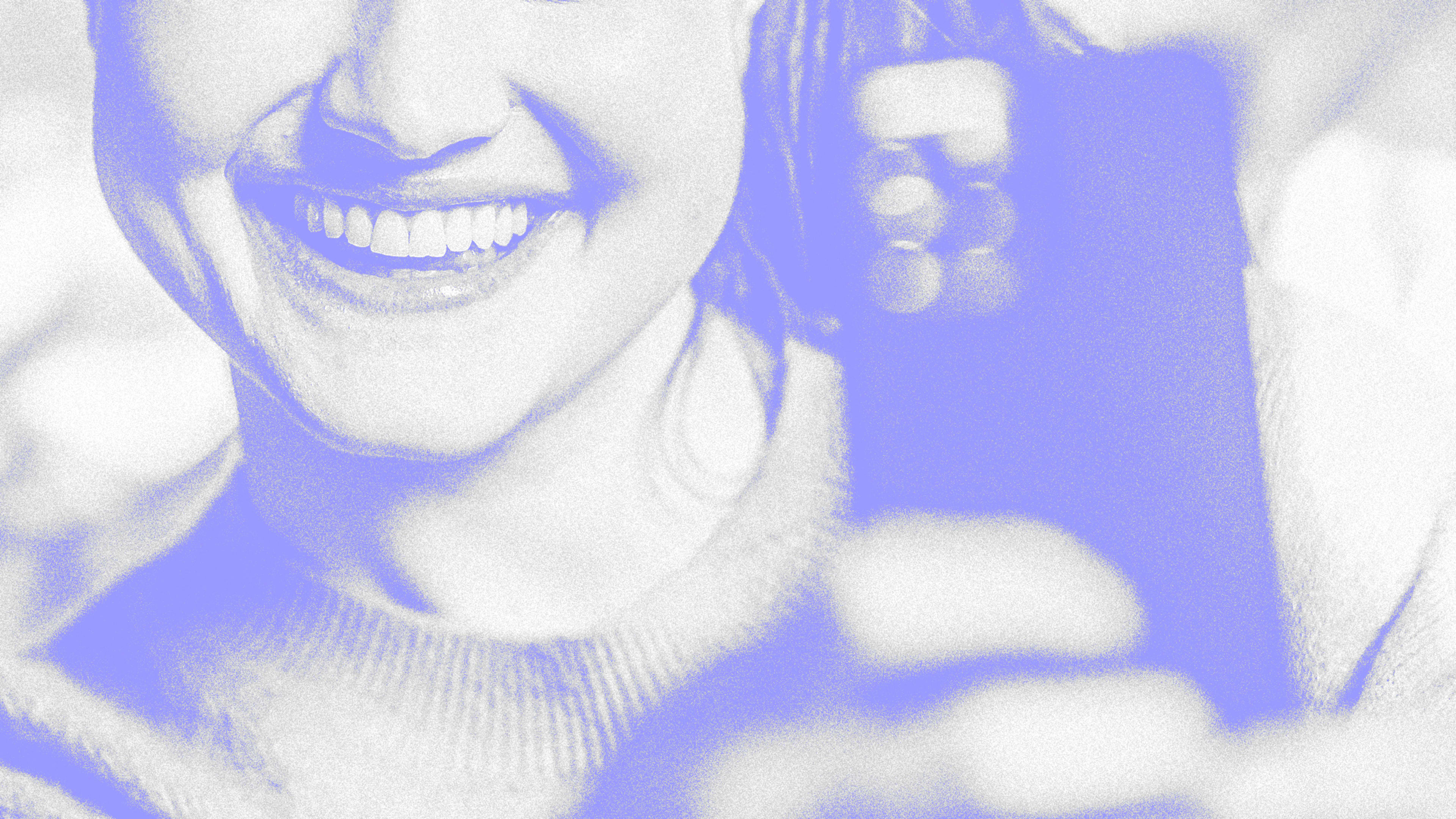It seems like everyone is on BeReal these days—including Chipotle.
BeReal, which launched in 2020, asks users to upload one post per day to provide a more authentic view of life for their friends. The photo prompts appear seemingly at random, and users have to send posts within two minutes of receiving the notification. It’s a novel take on social media, and one that’s captivated Gen Z: As of July, the app has been installed more than 20 million times, according to Sensor Tower.
With that many downloads, it was inevitable that companies would begin experimenting with the platform. While BeReal doesn’t allow formal advertising, brands are flocking to the platform to build an audience of young users by sharing behind-the-scenes pictures and discount codes. When Chipotle joined BeReal in April (one of the first major brands to do so), it shared reusable promo codes in its posts for a week. The first 100 people to use the promo would receive a free entree. Those codes were regularly redeemed in less than a minute, Candice Beck, Chipotle’s social director, tells Fast Company.
e.l.f. Beauty joined BeReal earlier this month after the app became “unavoidable,” says Laurie Lam, e.l.f. Beauty chief brand officer. While the app doesn’t show the number of “friends” an account has, Lam says the platform has helped “break ground” with new audiences. “It has definitely surpassed our expectations in terms of how many fans,” she says. (Other companies are slowly migrating to the app as well. Makeup brand Saie, for example, recently leaked a new product on its BeReal ahead of its launch.)
Despite the wave of downloads, some are skeptical of BeReal’s long-term prospects. After all, we’ve seen several social apps that branded themselves as the “anti-Instagram” have their 15-minutes of fame before flaming out, says Brendan Gahan, partner and chief social officer at creative agency Mekanism. (Think about Dispo and Poparazzi.) “I’m not bullish on the long-term outlook of BeReal,” he says. “While the idea of ‘authenticity’ is intriguing, that isn’t enough to sustain a platform.”
That’s not to say brands shouldn’t be putting effort into the platform. “Being first to a platform has its benefits even when a platform fails. It’s a novelty that’s newsworthy,” Gahan says. Early adopters to an emerging platform are more easily able to grow audiences. But as time goes on and users become over-saturated, building that loyalty becomes increasingly difficult.
Marketers are also likely to stick with the brands they know. An overwhelming majority of brands would likely opt to increase their Instagram ad spend than take a risk on a new platform, Gahan adds. Still, BeReal isn’t even close to competing with established social platforms, and the companies we see joining mostly appear to have a history of experimentation on platforms and campaigns. (Chipotle and e.l.f. Beauty, for example, teamed up last year for a makeup collaboration.)
BeReal could just be the latest fad that companies exploit before the buzz runs out. “The objective was very simple: Create a space where our fans can see this unfiltered, authentic e.l.f. life,” Lam says. “If the space ends up moving somewhere else, we’ll follow.”
Recognize your brand’s excellence by applying to this year’s Brands That Matter Awards before the early-rate deadline, May 3.
